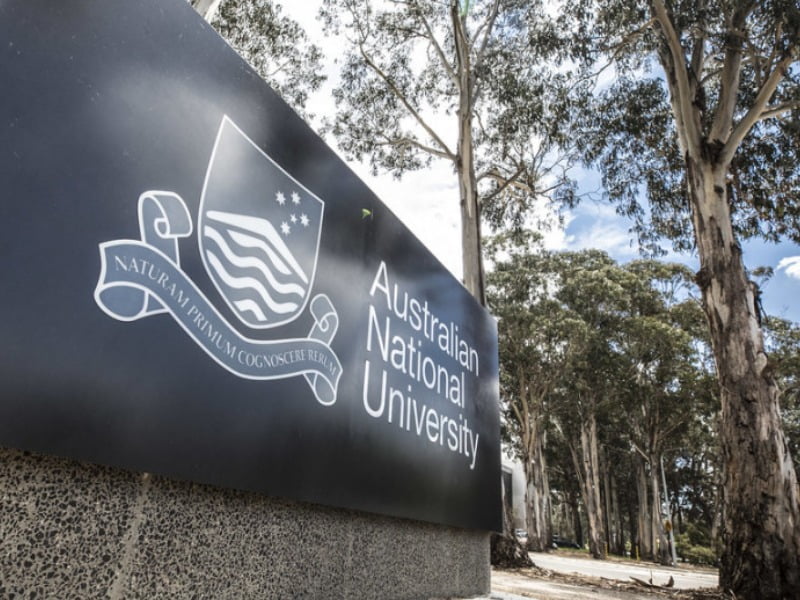Plans to build a quantum computer in Canberra have been set in motion after the Australian National University signed a new agreement with Japanese tech conglomerate Fujitsu.
On Thursday, Fujitsu announced a memorandum of understanding with the university to establish a new quantum research facility “with ambitions to build an onsite quantum computer”.
The agreement will also grant ANU researchers and academics access to quantum systems and simulators in Japan from next year.

Under the agreement, ANU and Fujitsu will establish a centre of quantum research and work towards an onsite quantum computer at the Canberra-based university, although no timeline has been announced.
The quantum computer is expected to “help local researchers, and government and industry professionals… develop expertise in quantum computers”, Fujitsu said.
From next year, Fujitsu will also provide ANU with access to quantum systems and simulators in Japan.
Fujitsu, through its collaboration with Japan’s national scientific research institute Riken, plans to release a 256-qubit system in March 2025 and an up to 1000-qubit system by the end of March 2026.
ANU will also develop teaching and training modules based on Fujitsu’s quantum technologies to inform the overall approach to quantum computing research.
ANU deputy vice-chancellor for research and innovation Professor Lachlan Blackhall said the collaboration “will help to foster the growth of a talented pool of quantum computing professionals in Australia”, building on its existing mission.
The national university was the birthplace of Quantum Brilliance, a quantum computing startup that produces systems made with synthetic diamonds that can be operated at room-temperature.
Its products can be integrated with classical computing systems, with a pilot project underway at the Pawsey Supercomputer in Western Australia.
“ANU is excited to see this collaboration with Fujitsu, which promises to build on the University’s strengths in quantum optical physics and quantum algorithms,” Professor Blackhall said.
Fujitsu chief executive for Oceania Graeme Beardsell said that “strategic collaborations including with ANU” puts the company at the “forefront of the global race to develop the world’s first fault-tolerant quantum computer”.
Australia’s National Quantum Strategy includes an aim for Australia to build the world’s first fault-tolerant quantum computer.
The Queensland and federal government have provided $940 million to bring California-based PsiQuantum to Australia to build an operational fault-tolerant computer by the end of 2027.
Local rival Diraq is also in the race and plans to build a commercially useful quantum computer by 2028.
Do you know more? Contact James Riley via Email.

